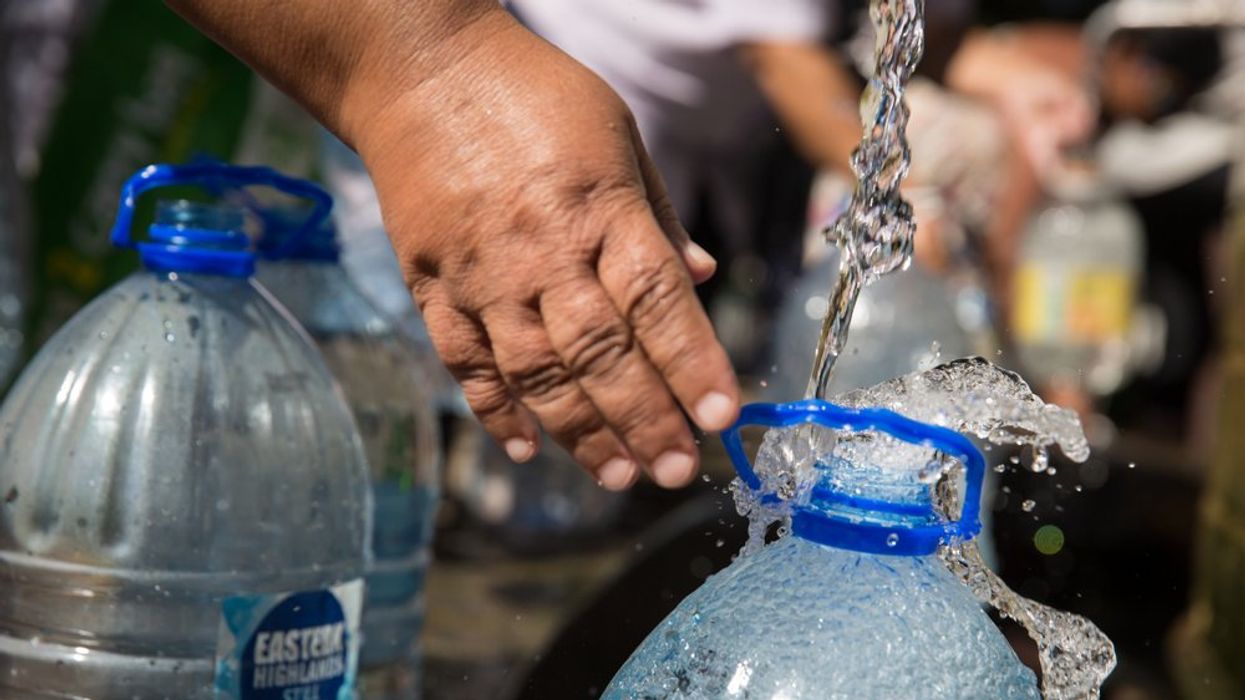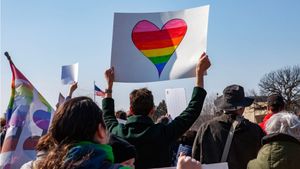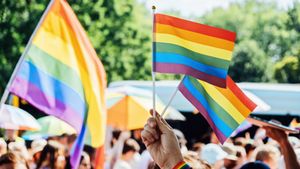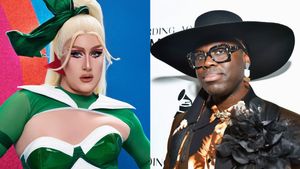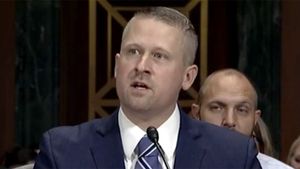The wealthiest in society are disproportionately using the world's water, and researchers are arguing that policies must be made to account for them.
Between 2015 and 2018, a drought plagued Cape Town, South Africa. Residents limited their daily water use in an effort to avoid depleting the city's resources, an occurrence referred to as "Day Zero."
In a study published in Nature, researchers sought to examine how much water each socio-economic class used before and during the drought. Based on 2020 census data, 1.4 percent of the city was classified as elites, 12.3 percent as upper-middle, 24.8 percent as lower-middle, 40.5 percent as lower, and 21 percent as informal dwellers.
“Many people have swimming pools, which need a lot of water,” lead author Elisa Savelli told NewScientist. “They also have flashy gardens, which need to be regularly irrigated.”
Despite accounting for less than 14 percent of the population, the elites and upper-middle classes accounted for 51 percent of the city's total water use before the drought. In contrast, lower income and informal dwellers total nearly 62 percent of the population, yet only used 27 percent of water.
All groups decreased their water usage during the drought, but those with low income and informal dwellers were more likely to lack water for basic necessities, such as cooking, drinking, and bathing. Those in wealthier groups often had access to bottled water or even private wells, which drained local aquifers, exacerbating the drought for the least-wealthy.
Savelli said that similar patterns could be seen in cities experiencing drought across the globe, such as Barcelona in Spain, São Paulo in Brazil, and Chennai in India. The water crisis in cities is likely to accelerate due to climate change and population growth. According to a UN report, 2.4 billion people in cities worldwide are likely to face water shortages by 2050.
Going forward, Savelli said that cities must analyze water use by demographic, not the entire population. Policies should also avoid "blanket" water-rationing rules, as they are more likely to harm the most disenfranchised groups.
“To a certain extent, to solve this issue, we need to criticize and contest the political and economic systems that regulate all our lives," she said.
- How Jackson Mississippi's Water Crisis Is a Case of Environmental Racism ›
- Navajo Nation Fights For Access to Drinking Water Amid Droughts ›
- Billions of People Lack Access to Clean Drinking Water ›
- Indigenous Waters Could Receive Protection — Just Not For Drinking | AdvocateChannel.com ›
- Black Alabama Community Flooded With Sewage Finally Sees Justice | AdvocateChannel.com ›
- Black and Hispanic Americans Are Concerned About Their Water Quality | AdvocateChannel.com ›
- Without Climate Change, These Extreme Weather Events Would Not Have Happened ›
- Supreme Court Denies Navajo Nation Clean Drinking Water Access ›
- How Farming in Cities Can Help Us Weather the Climate Crisis: Urban Agriculture, Explained ›
